
Our weekly column rounds up the latest sustainable food innovation news. This week, Future Food Quick Bites covers a host of protein lattes, Better Nature’s tempeh rollouts, and Meatable’s presentation at a Wall Street Journal forum.
New products and launches
New York-based Laird Superfood has released an instant protein latte powder with 10g of plant protein per serving. It combines pea, hemp and pumpkin seed protein with mushroom extracts, coconut MCTs and Aquamin. It retails for $19 per six servings and is available on its website and at Sprouts Farmers Market nationwide.
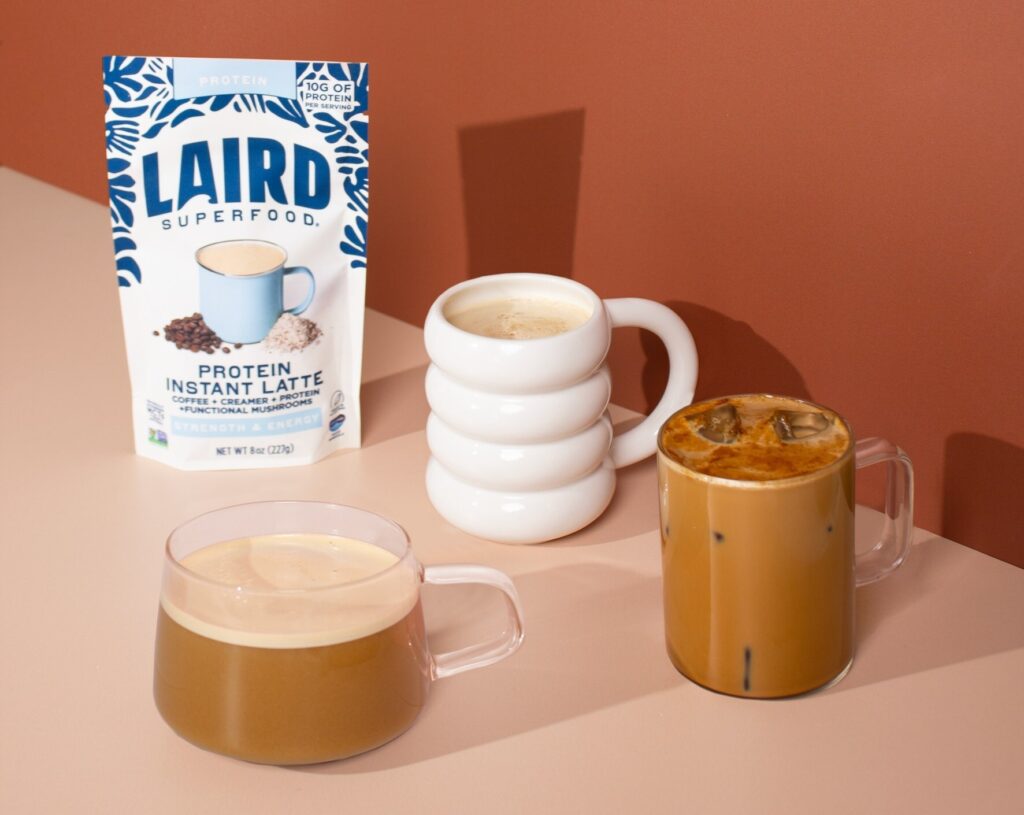
Likewise, plant-based milk brand Califia Farms has introduced a ready-to-drink protein vanilla almond latte, offering 10g of pea protein per serving. It can be found at Target stores for $5.29 per 40z bottle.
In similar news, Indian fitness and lifestyle brand HRX – co-owned by Bollywood actor Hrithik Roshan – has unveiled a line of oat milk protein shakes, starting with a chocolate flavour (with 25g of plant protein per 100ml), ahead of introducing vanilla, cold coffee and lighter chocolate variants.
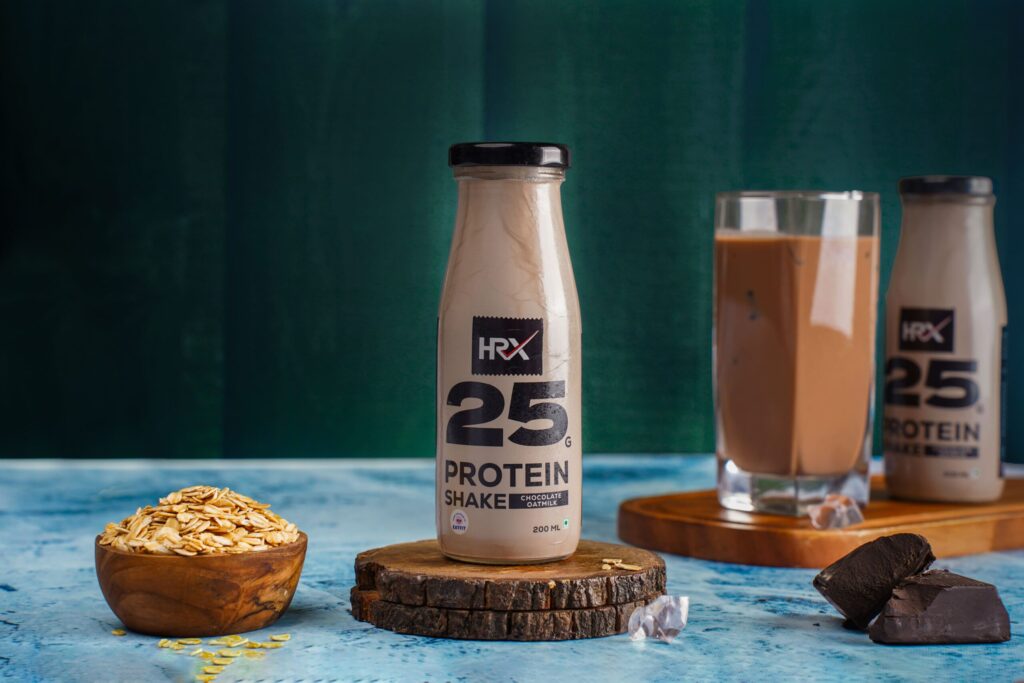
Still in India, Néktar Bakery makes vegan desserts and viennoiseries, and will open a cloud location this month in the city of Pune.
Back in the US, the owners of Salt Lake City’s Vertical Diner have inaugurated a new plant-based deli, with a menu featuring sandwiches, burgers, bowls, pastries, and more.
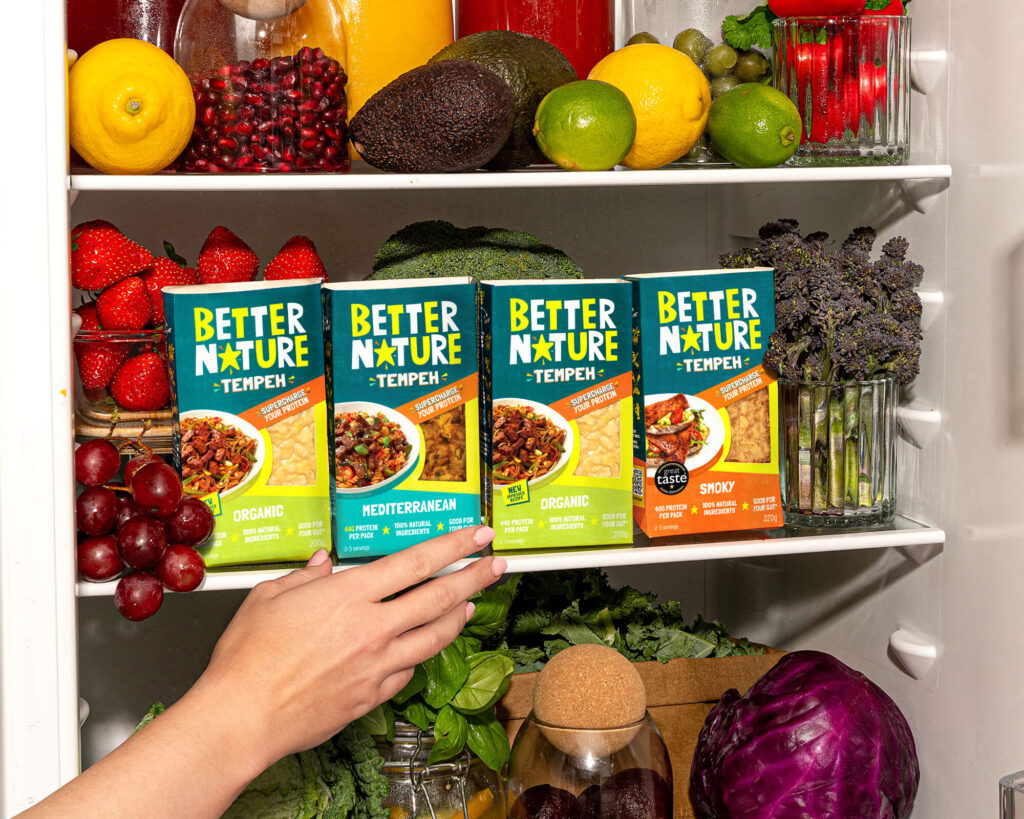
Elsewhere, British tempeh brand Better Nature has rolled out its organic tempeh into around 150 additional Asda stores, and added a new Mediterranean-flavoured block to its lineup, which is available on Ocado for £3 per 220g pack.
Beyond Meat, meanwhile, has introduced its jalapeño-flavoured burger to 317 Asda stores in the UK, in addition to bringing its original burger to 350 of the retailer’s sites.

And Danish mycelium meat maker Tempty Foods has brought its Spicy Korean Sticks to 7-Eleven Denmark stores. The product was created through 7-Eleven’s Innovation Corner competition last year.
Company and finance updates
Dutch cultivated meat producer Meatable was present at the Wall Street Journal’s Global Food Forum event in Chicago (June 16), where CEO Jeff Tripician spoke on how cultivated meat can complement conventional agriculture and boost global food security.
Fresh from hosting a cultivated meat tasting in the New South Wales parliament, Australia’s Magic Valley is raising A$3M ($1.9M) to build its first manufacturing facility (which is expected to cost A$5M, or $3.3M) and produce 500 tonnes of product per year.
Planted, the Swiss plant-based meat maker, has opened its new production facility in Bavaria, Germany, featuring “state-of-the-art fermentation technology”, which the company says will double its manufacturing capacity.

Agriculture giant the Groan Group has signed a strategic partnership with plant-based ingredient maker Aminola to accelerate and expand the use of sustainable ingredients in the human food, pet food and aquafeed sectors.
British plant-based ingredient maker Novo Farina has ceased trading, with its former managing director citing “market factors and ever-increasing cost challenges”.
Green Grill, a plant-forward eatery with three locations in Sacramento, has permanently closed its doors, becoming the latest casualty in California’s restaurant space.
AgFunder News reports that Yasir Abdul, the executive behind InvenTel, the company known for ‘As Seen on TV’ infomercials, has surfaced as the unexpected potential buyer of Meati, a fungi-based alternative meat company. The acquisition is being pursued through an entity named Meati Holdings, with Ryan Bethencourt, CEO of Wild Earth and an early-stage alt-protein investor, providing support during the transition.
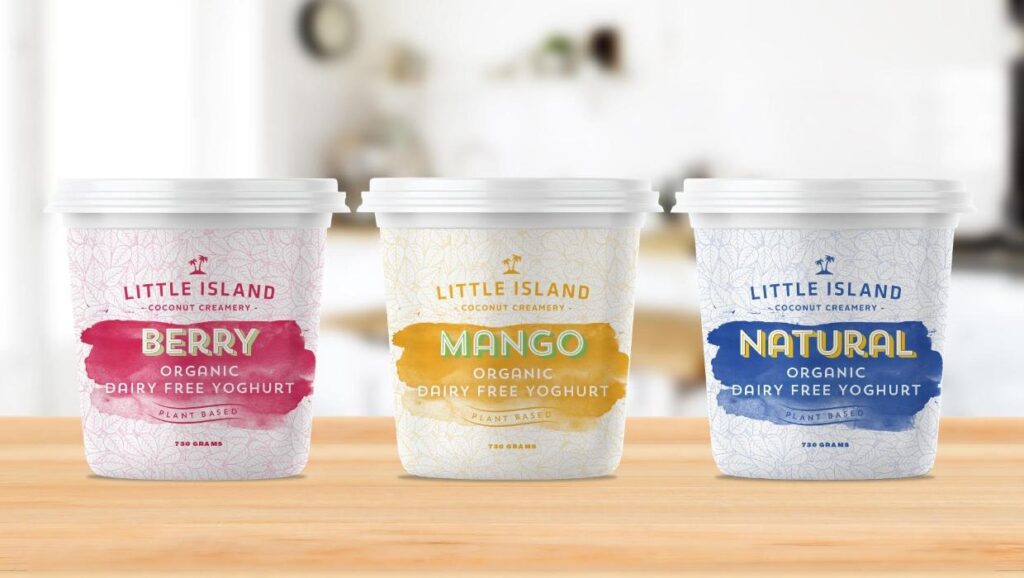
In New Zealand, plant-based dairy and ice cream firm Little Island has entered liquidation after 15 years in operation.
Luxembourg-based Moulins de Kleinbettingen has installed its second production line for plant proteins with a total investment of nearly €20M in its plant-based business, doubling its initial capacity and making co-manufacturing deals more flexible.
In Sweden, Stockeld Dreamery and Jävligt Gott have opened Labbet, a food tech hub equipped with a kitchen, lab spaces and offices for small and growing businesses.
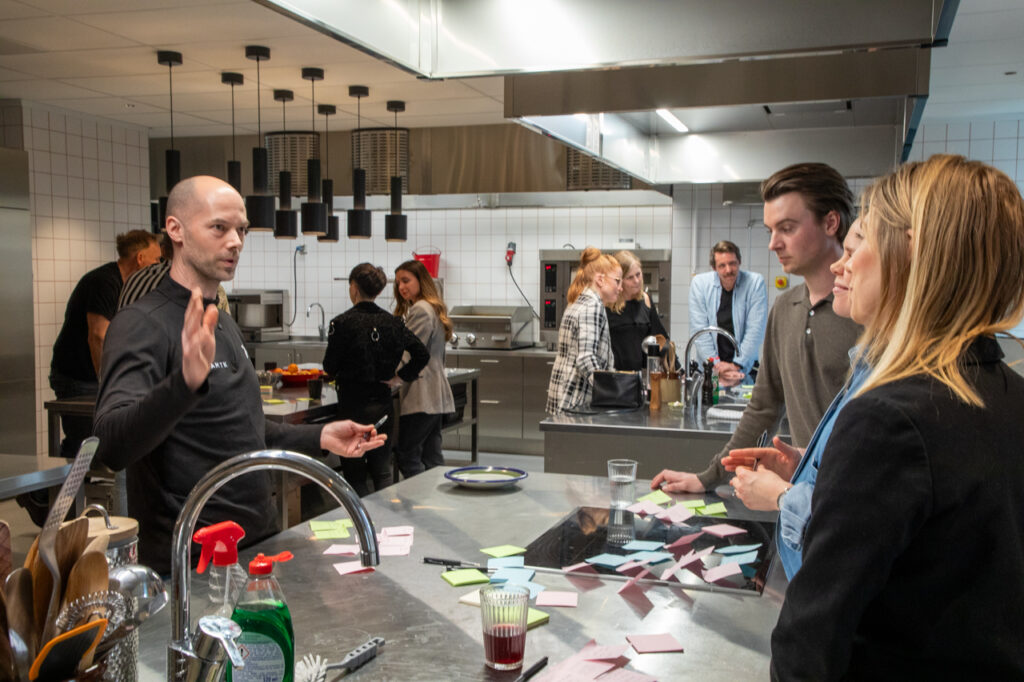
Similarly, Malaysia’s Pure Mylk has opened The Mylky Way in Kuala Lumpur, which is Southeast Asia’s first end-to-end innovation hub for plant-based milk and beverages. It aims to support companies small and big with product formulation, testing, and scaleable production.
Research, policy and awards
A Canadian-American study shows that a low-fat vegan diet can reduce moderate to severe hot flashes by 92% after women hit menopause, while also losing 16 times more weight than the control group.
UK coalition Plant-Based Universities is convening over 200 students for a Plant-Based Universities Europe Camp in August.
Bruce Friedrich, founder and president of alternative protein think tank the Good Food Institute, has been appointed to the Board of Advisors of EAT, the global food systems transformation non-profit.
Strategic consultancy Mission Plant has compiled a list of job boards and resources for folks looking for positions in the alternative protein industry.

Research by the Institute for Organic Farming (commissioned by the WWF) has revealed that a vegan diet is the cheapest expensive for a family of four in Austria, saving €225 per month compared to an omnivore diet.
Finally, Hélène Briand, co-founder of French precision fermentation startup Verley (formerly Bon Vivant), won the Female Founder Challenge at Vivatech in Paris.
Check out last week’s Future Food Quick Bites.
The post Future Food Quick Bites: Protein Lattes, Food Tech Hubs & Tempeh Innovation appeared first on Green Queen.
This post was originally published on Green Queen.